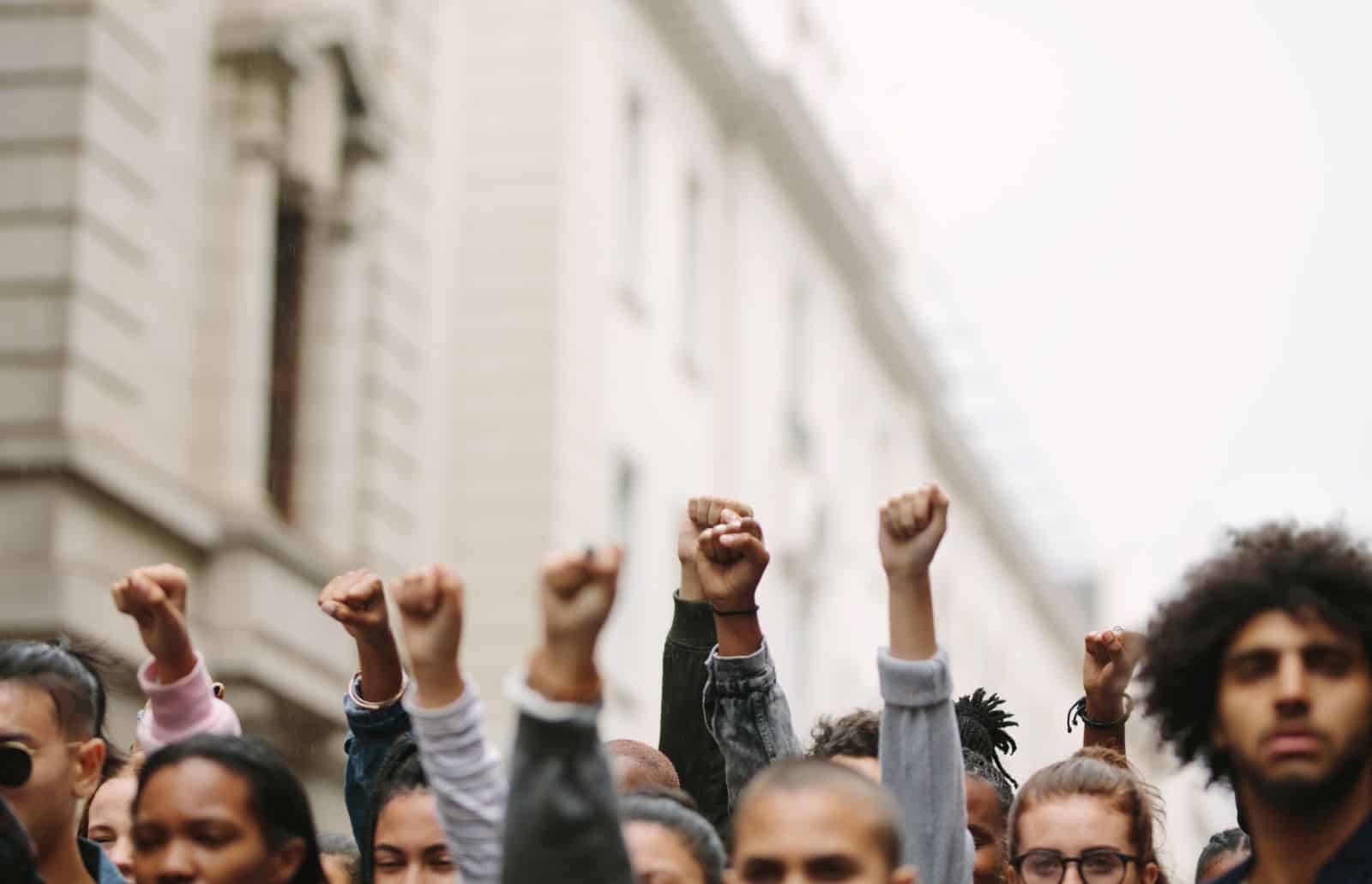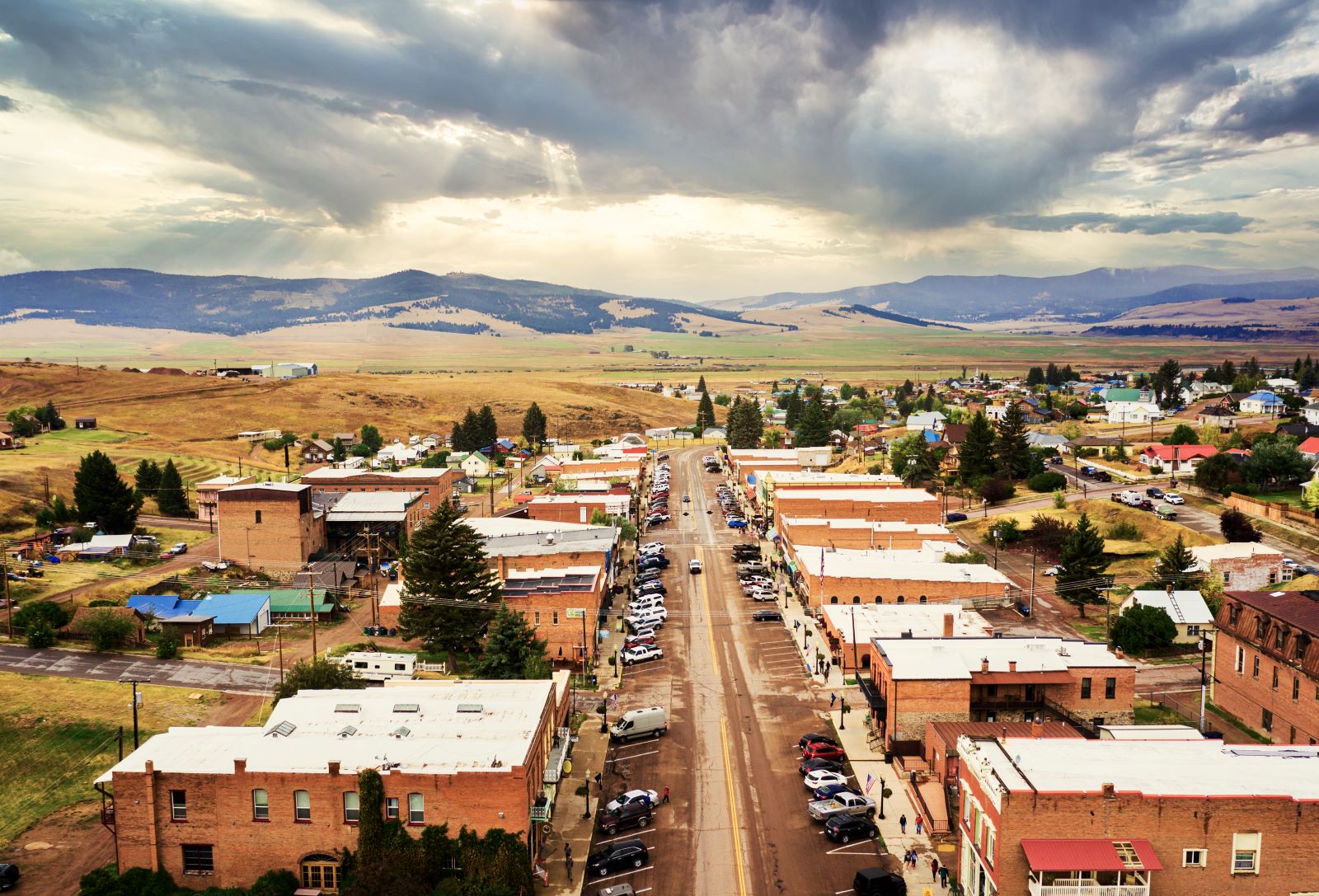#1. Skyrocketing Housing Prices

Baby Boomers’ investment in real estate has contributed to a significant increase in housing prices, making homeownership difficult for many Millennials.
#2. Student Loan Crisis

Higher education costs soared, and funding was cut, leading to a burden of student loan debt that many Millennials struggle with today.
#3. Environmental Degradation

Decisions that favored industrial growth over environmental protection have led to challenges with climate change that Millennials must now address.
#4. Underfunding Public Education

Reductions in funding for public education have impacted the quality and accessibility of education for younger generations.
#5. Social Security Uncertainty

Social Security may become insolvent, causing anxiety for Millennials who wonder if they will receive benefits in retirement.
#6. Deregulation of Financial Markets

Some argue that deregulation led to financial crises that have created economic instability for Millennials.
#7. Income Inequality

Policies that contributed to income inequality have made financial mobility more challenging for younger generations.
#8. Shrinking Middle Class

A decline in middle-class jobs has made it more difficult for Millennials to find stable, well-paying employment.
#9. Overemphasis on Four-Year Degrees

Promotion of four-year degrees over vocational training has led to an oversaturation in some fields and a lack of skilled labor in others.
#10. Failure to Address Healthcare Costs

Rising healthcare costs without comprehensive reform have left many Millennials struggling to afford essential healthcare.
#11. Lack of Public Transportation Investment

Insufficient investment in public transportation has led to reliance on cars, impacting urban planning and the environment.
#12. Erosion of Labor Rights

Reduction in labor rights and union power has made workplace protections more challenging for younger workers.
#13. Resistance to Renewable Energy

Resistance to investing in renewable energy sources has slowed progress on sustainable energy solutions.
#14. Ignoring Mental Health Issues

A lack of focus on mental health has left Millennials grappling with mental health challenges without adequate support.
#15. Rising Cost of Childcare

Soaring childcare costs have made balancing family and work increasingly difficult for the younger generation.
#16. Overspending on Military

Some argue that excessive military spending has diverted funds from essential social programs.
#17. Reduction in Corporate Taxes

Lowering corporate taxes without ensuring corporate responsibility has led to concerns about social inequality.
#18. Lack of Internet Privacy Laws

Failure to implement comprehensive internet privacy laws has led to concerns about online privacy and data security.
#19. Failure to Update Infrastructure

Aging infrastructure without sufficient updates impacts the quality of life and economic efficiency.
#20. Gender Pay Gap

Insufficient action on gender pay equality has continued challenges for women in the workforce.
#21. Racial Injustice

Failure to adequately address racial inequalities has perpetuated systemic issues affecting younger generations.
#22. Short-Term Economic Thinking

A focus on short-term economic gains over long-term stability has led to ongoing economic challenges.
#23. Overuse of Nonrenewable Resources

Reliance on nonrenewable resources has contributed to environmental issues that Millennials must now contend with.
#24. Failure to Protect Biodiversity

A lack of action on biodiversity has led to the extinction of species and ecological imbalance.
#25. Erosion of Privacy Rights

Decisions that eroded privacy rights have led to concerns about government surveillance and personal privacy.
#26. Neglect of Rural Communities

Neglecting rural communities has led to disparities in opportunities and access to resources.
#27. Mismanagement of Pension Funds

Mismanagement of pension funds has left some Millennials concerned about retirement security.
#28. Insufficient Disaster Preparedness

Failure to invest in disaster preparedness and climate resilience affects how communities handle natural disasters.
#29. Resistance to Technological Advancements

Resistance to technological advancements in some areas has slowed progress in industries important to Millennials.
Working Together Across Generations Is Key

Conversations around these topics should strive for understanding, collaboration, and solutions that bridge generational divides. Understanding the complexity and working together across generations may be the key to addressing many of these challenges.
The post 29 Ways Baby Boomers’ Actions Impacted Millennials first appeared on Mama Say What?!
Featured Image Credit: Shutterstock / Minerva Studio. The people shown in the images are for illustrative purposes only, not the actual people featured in the story.





